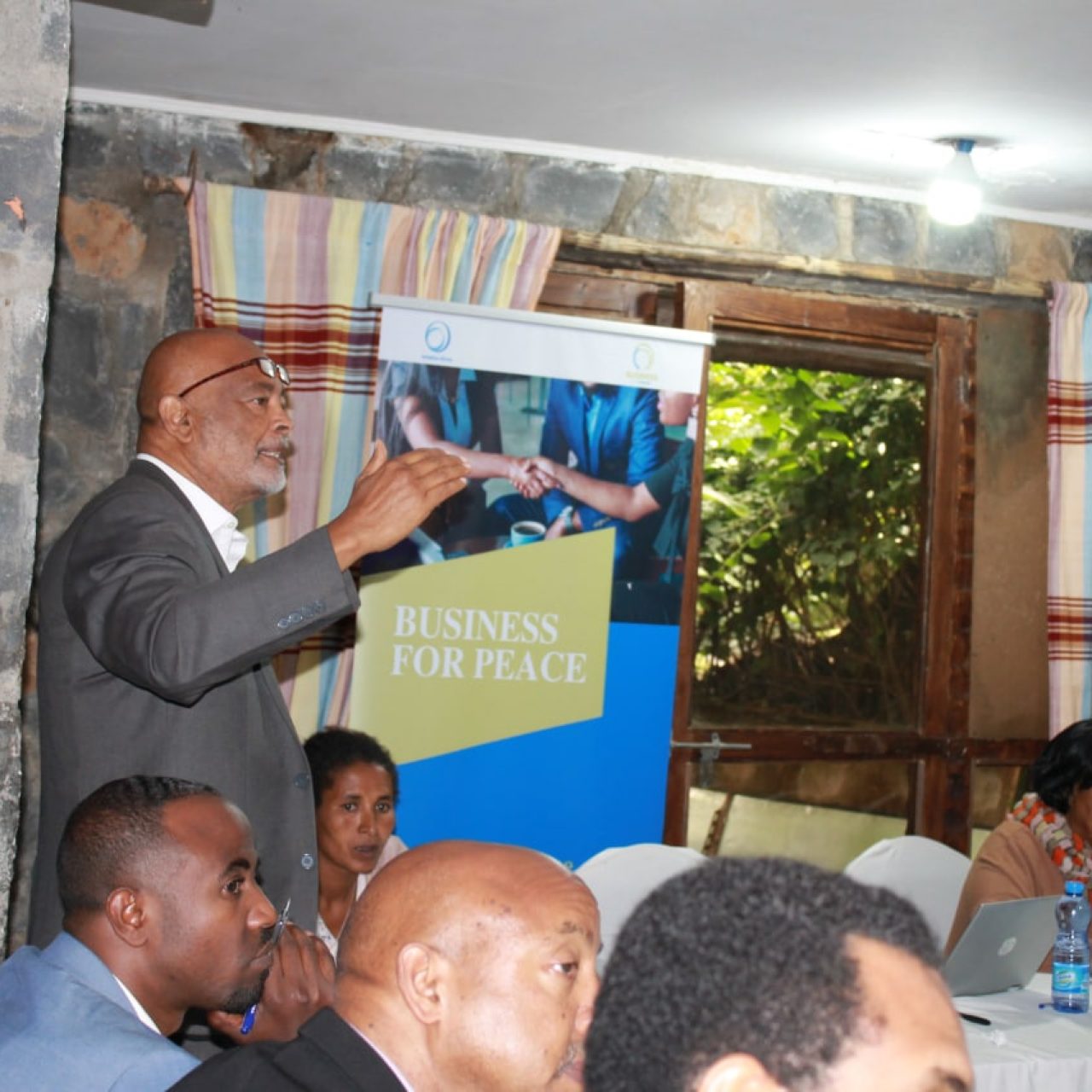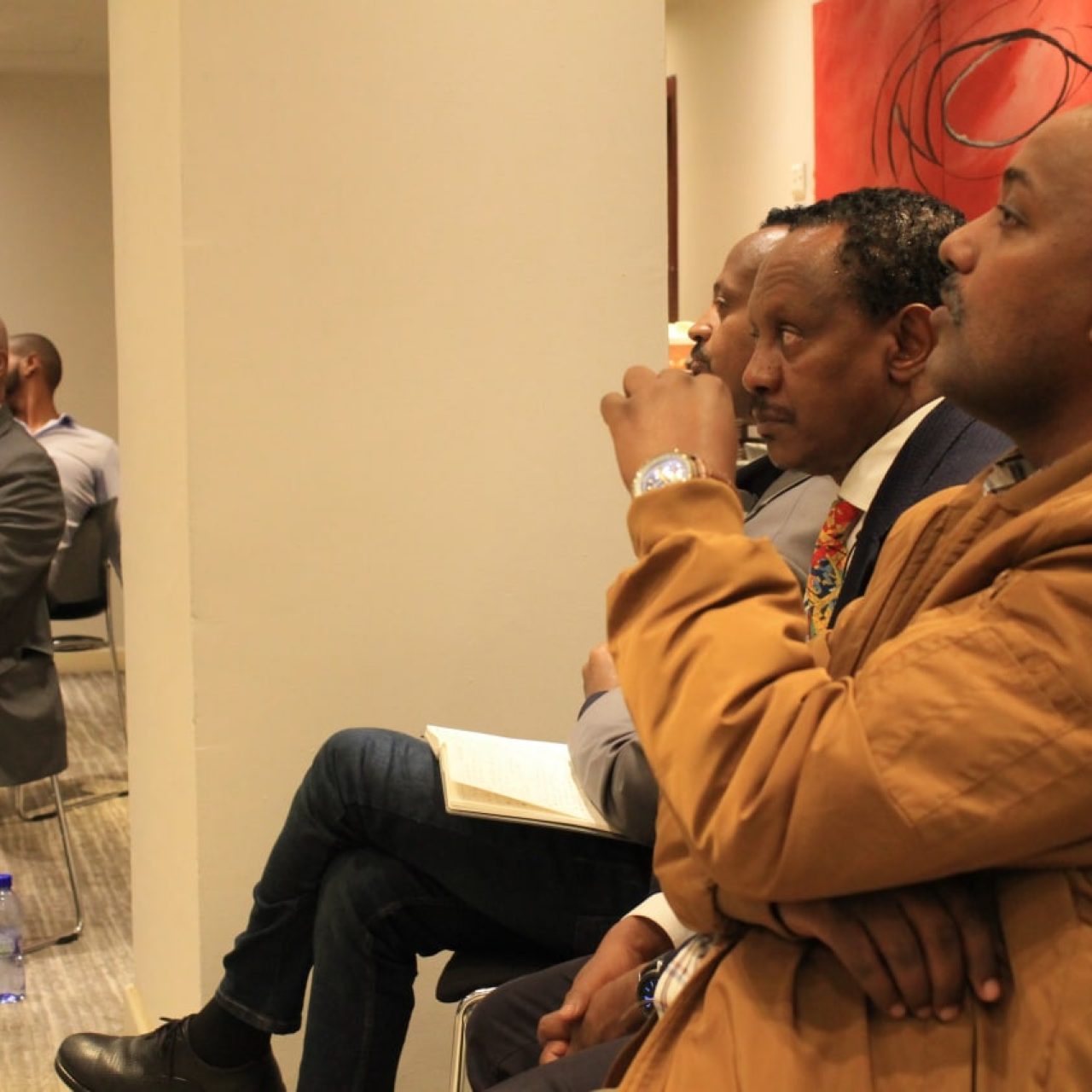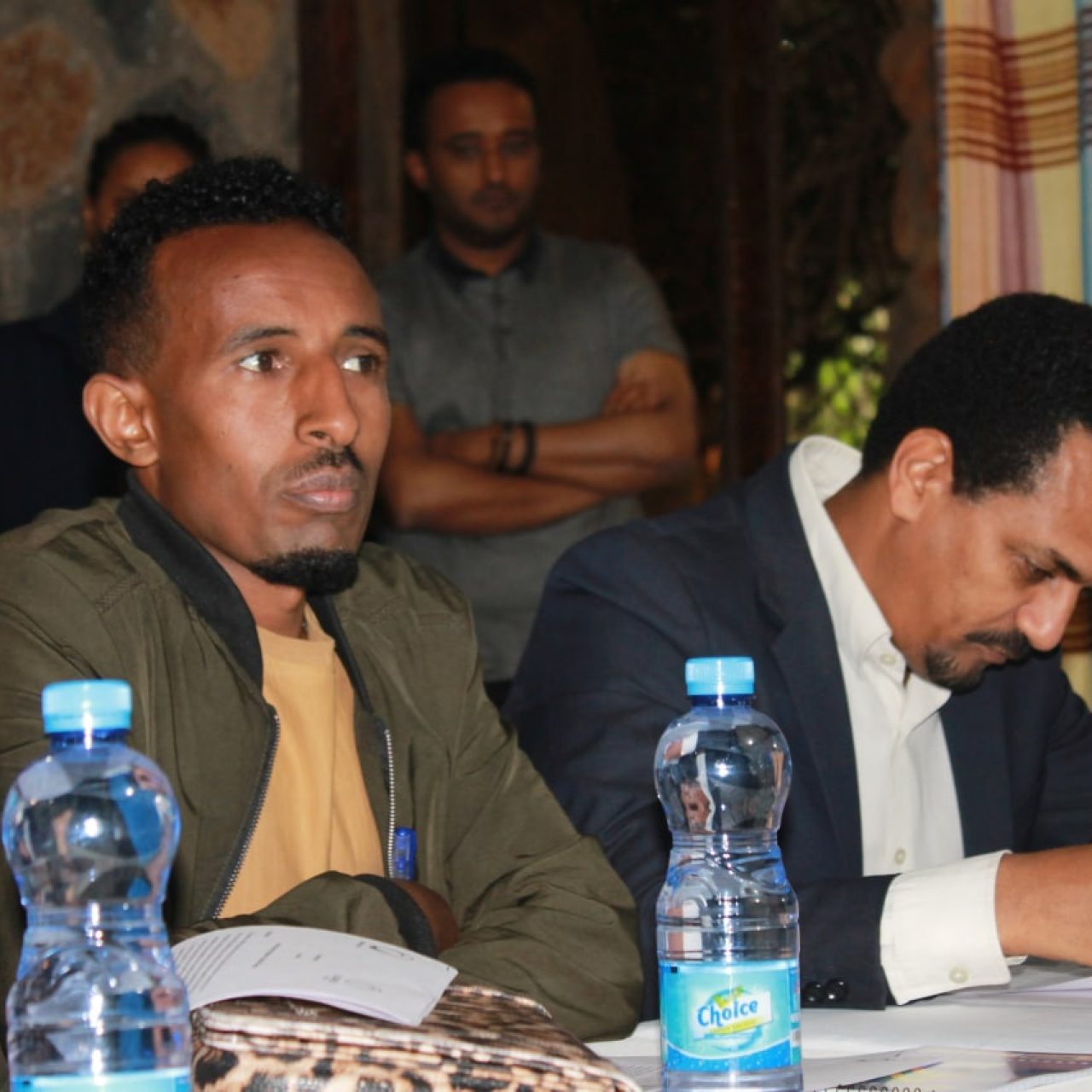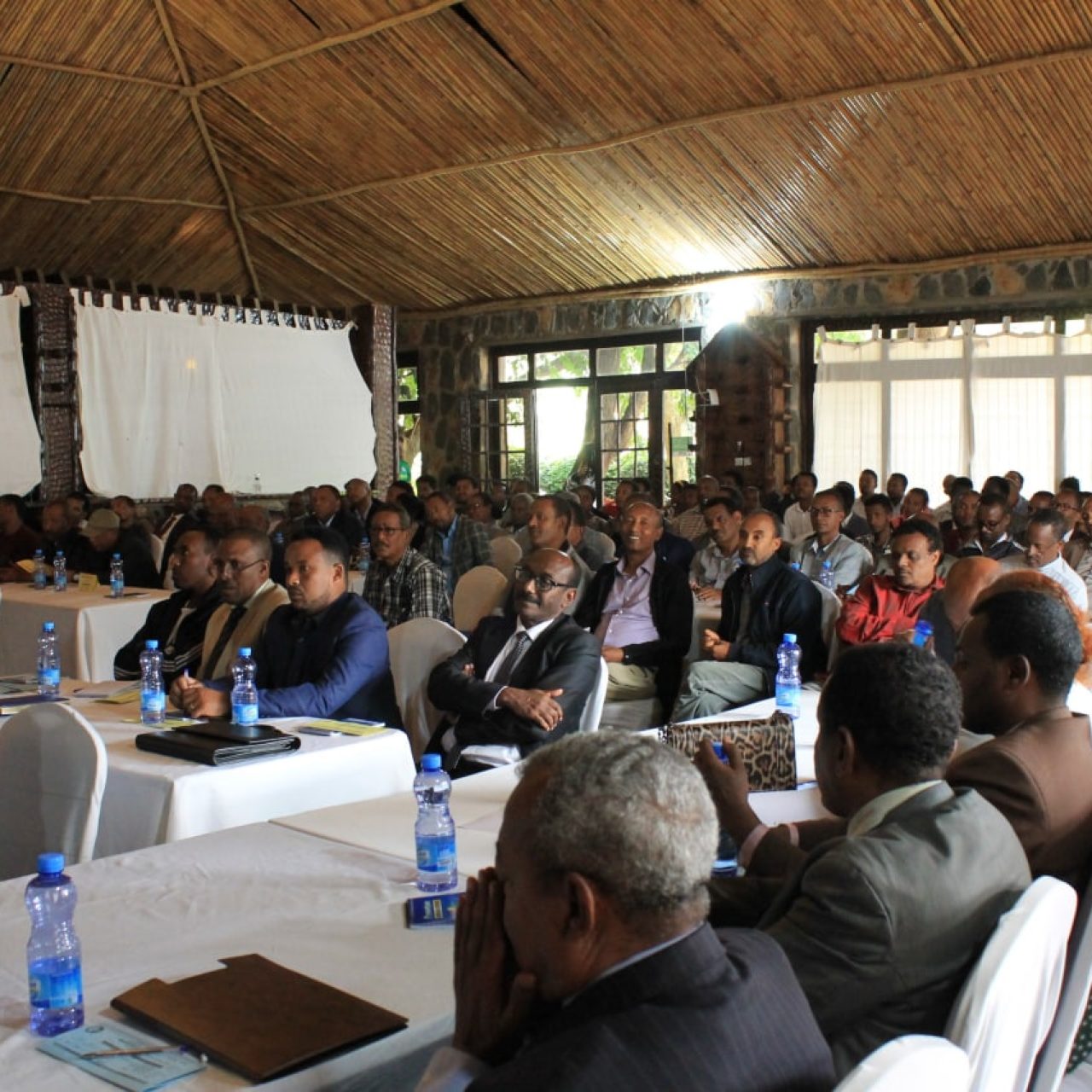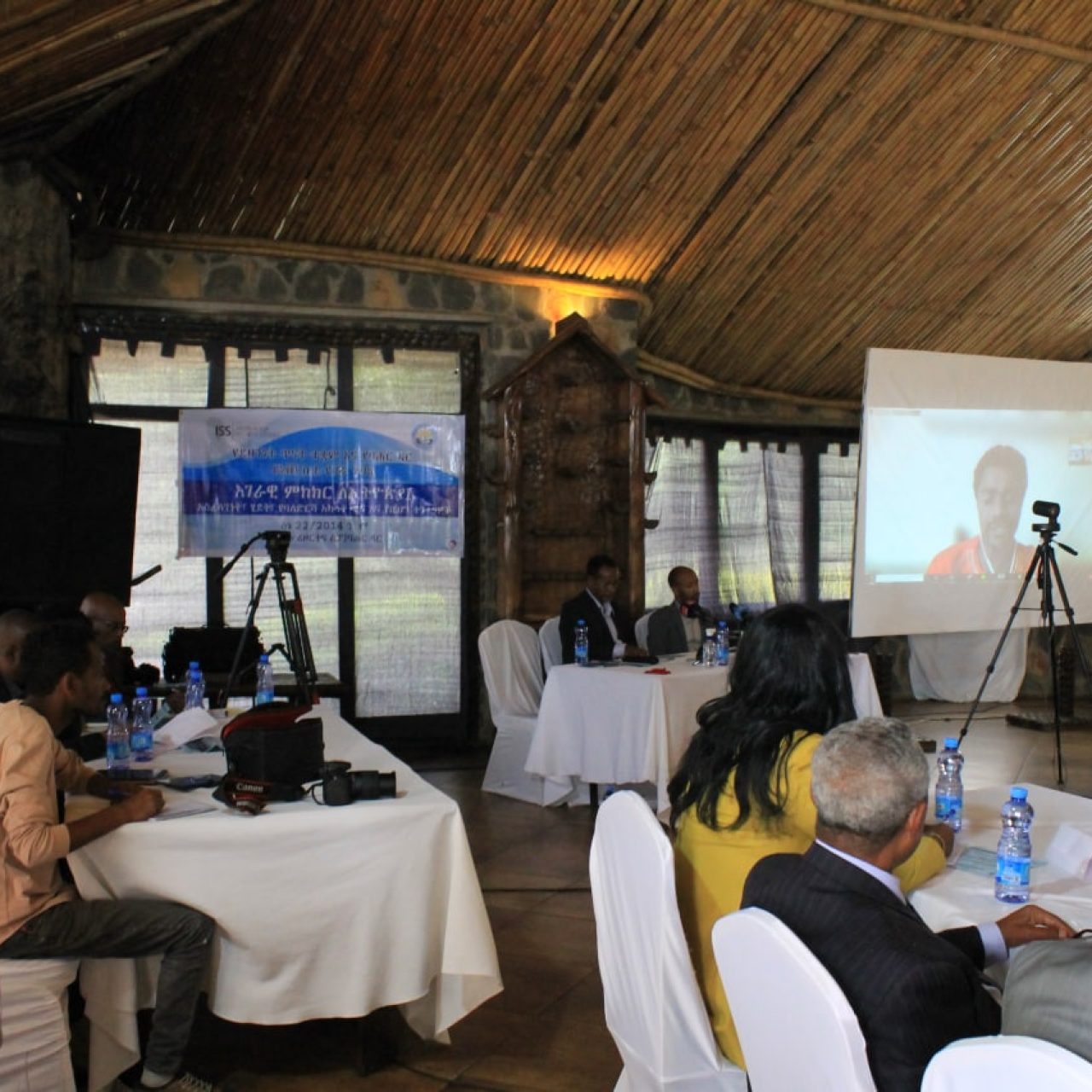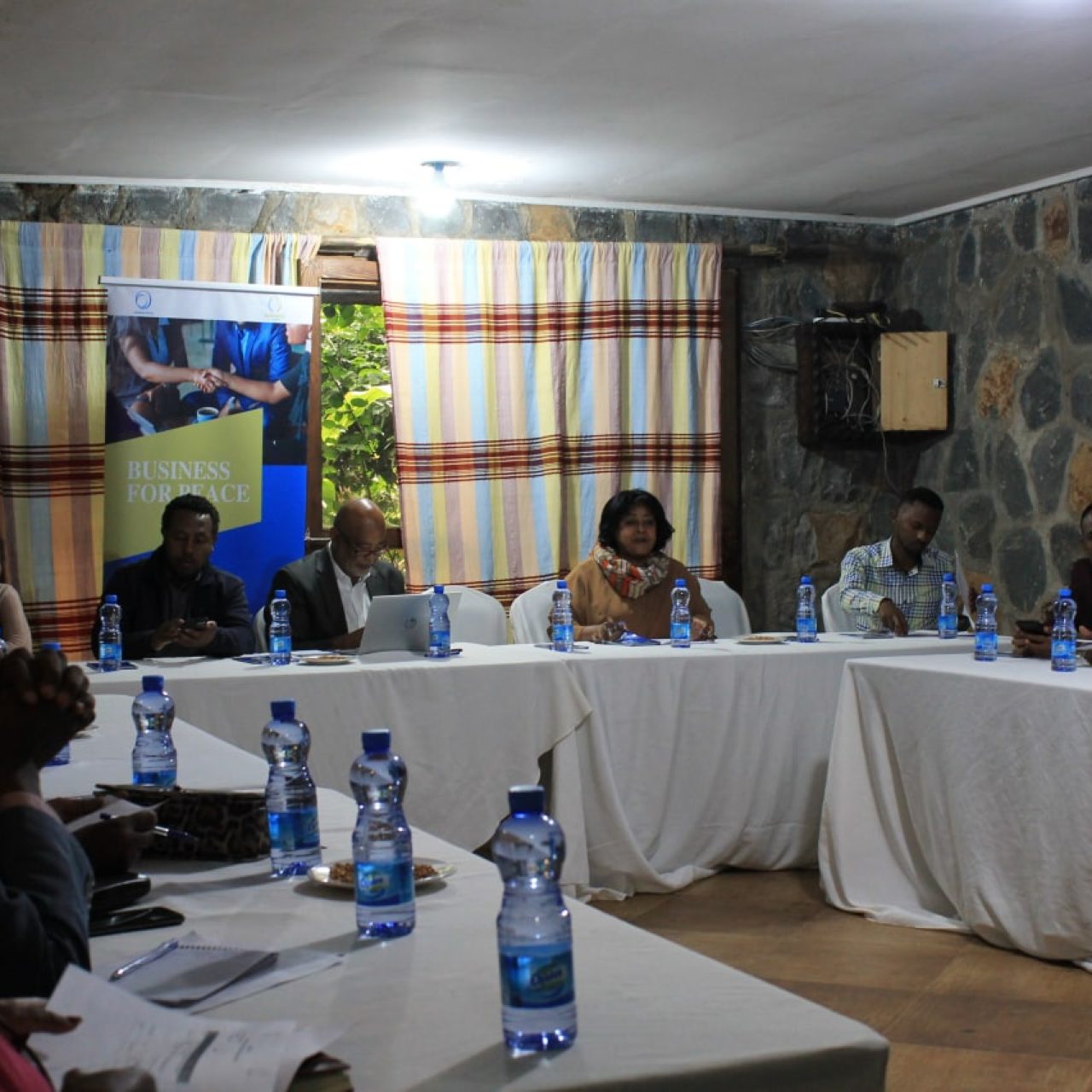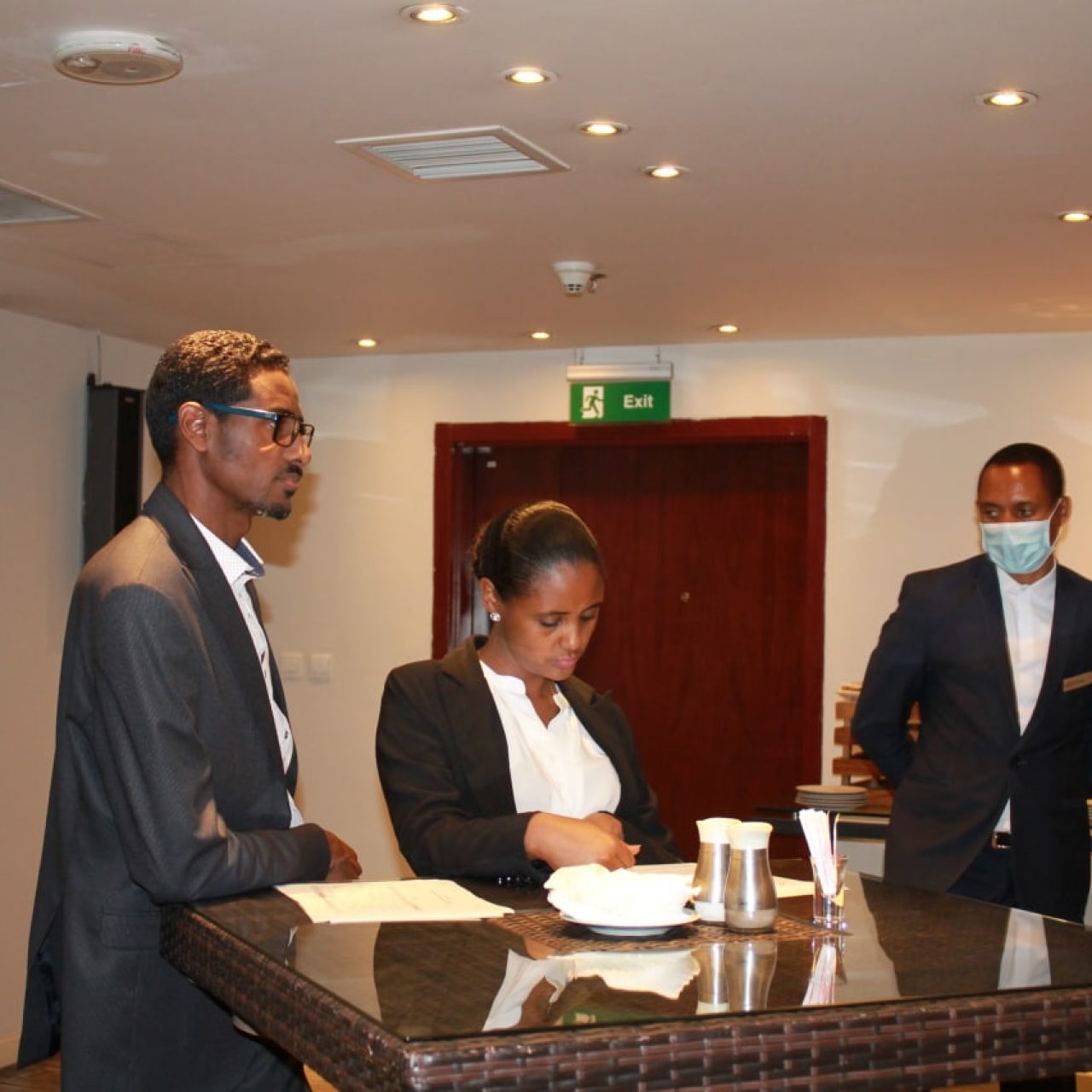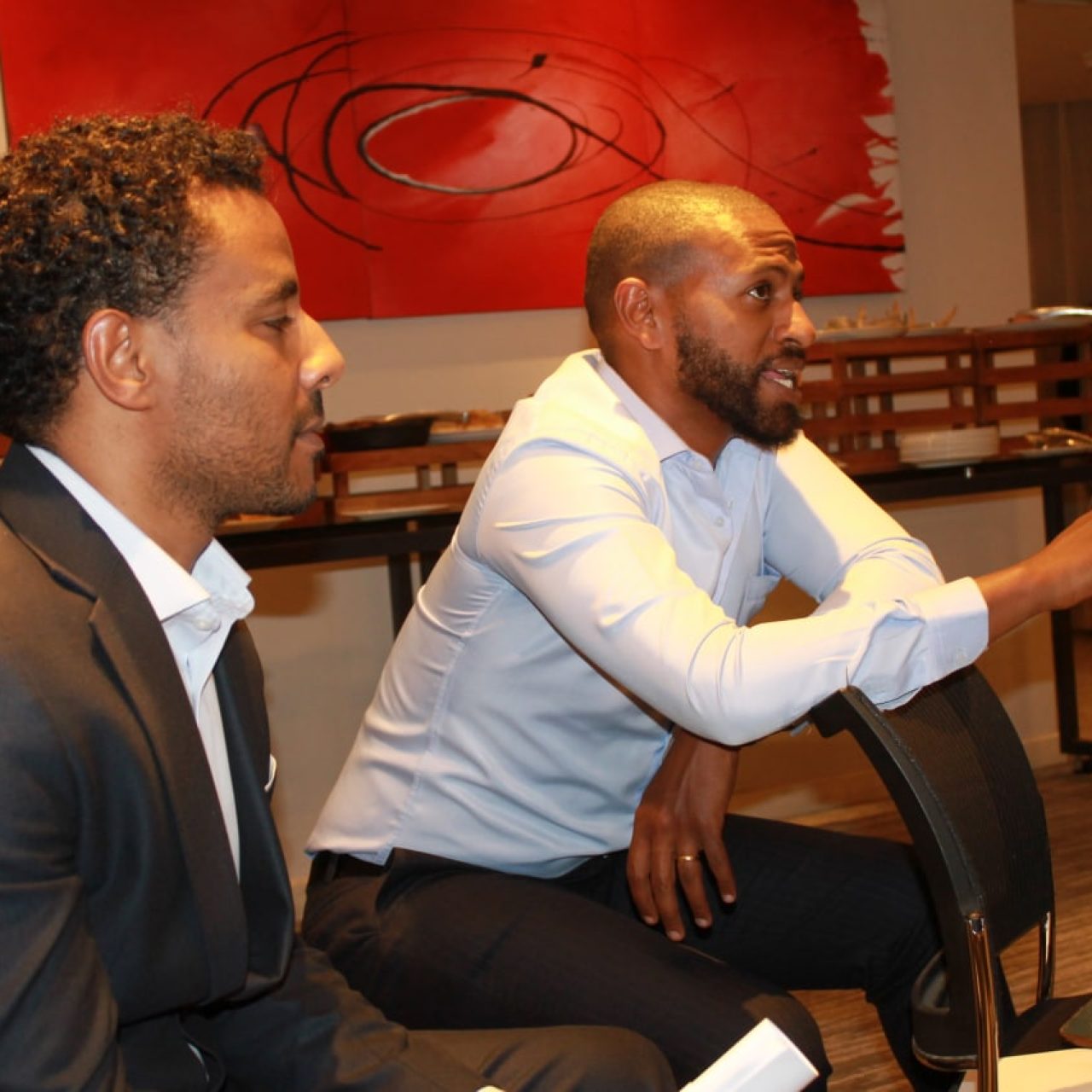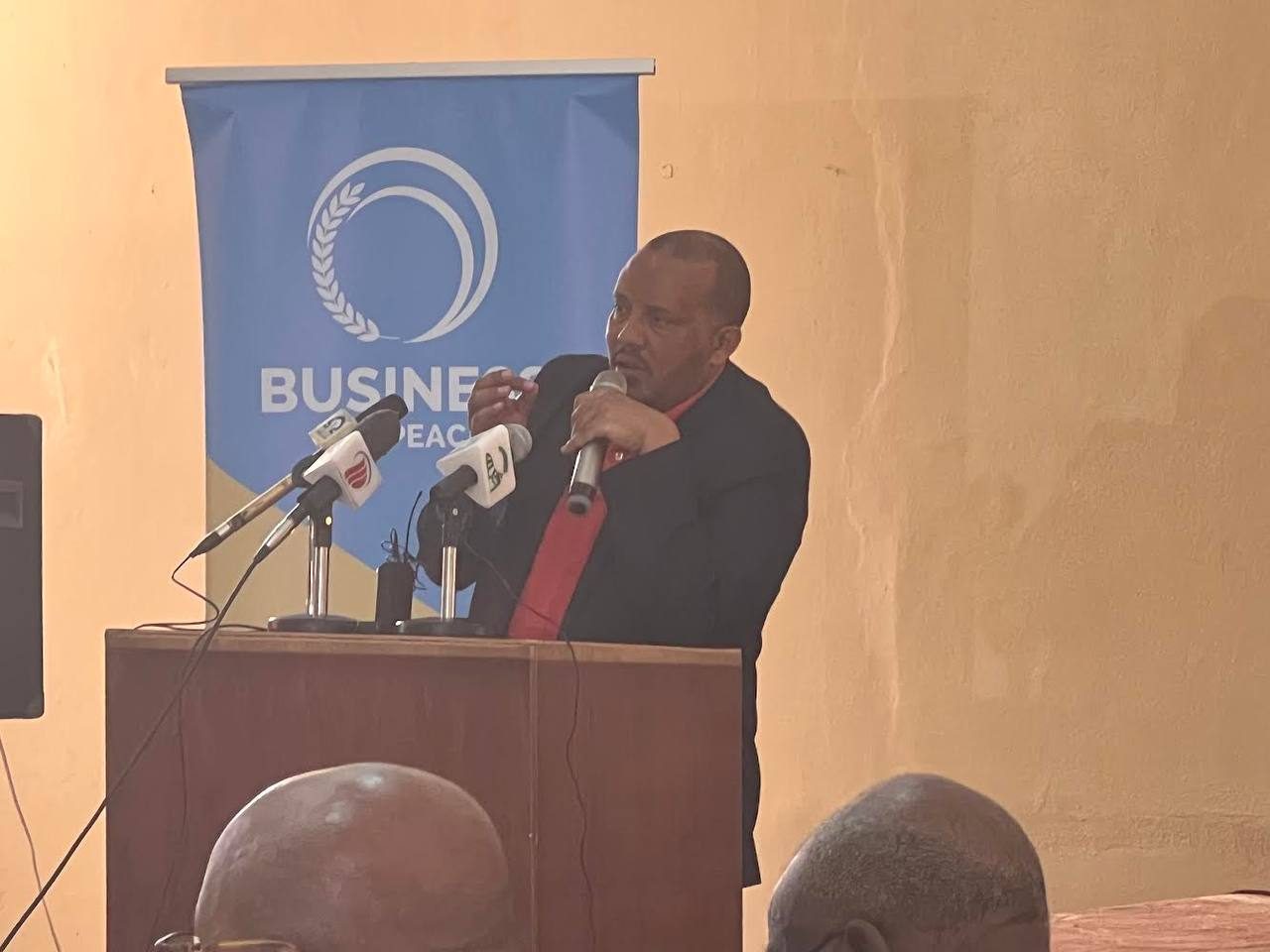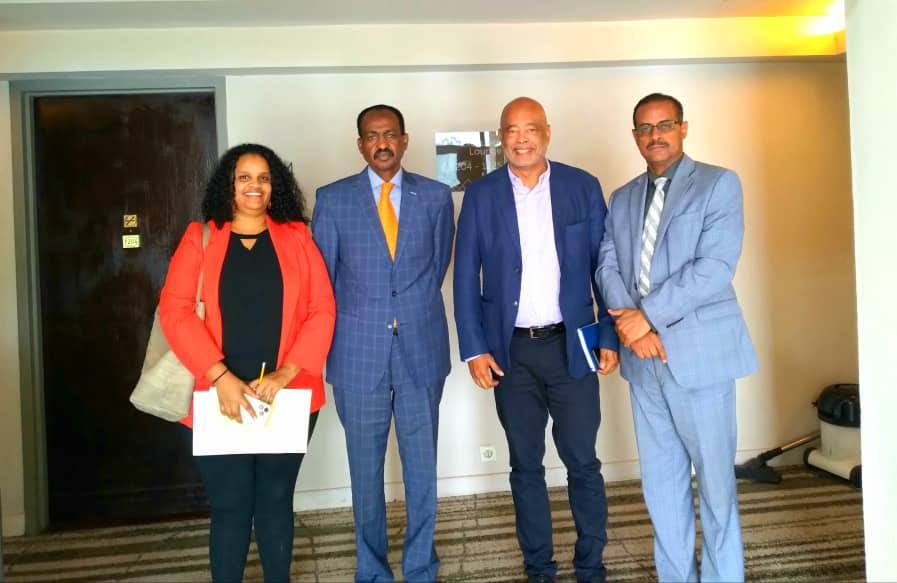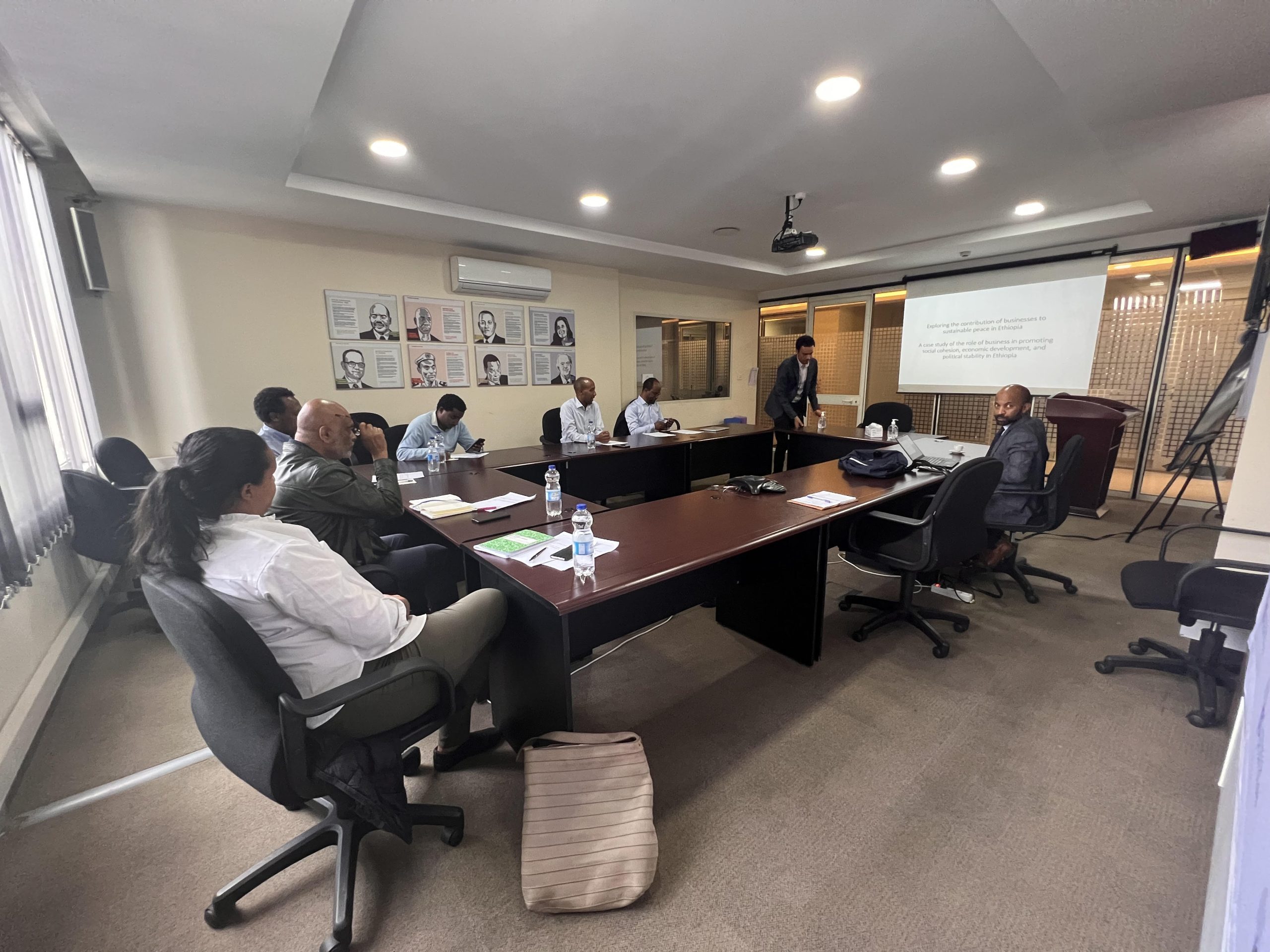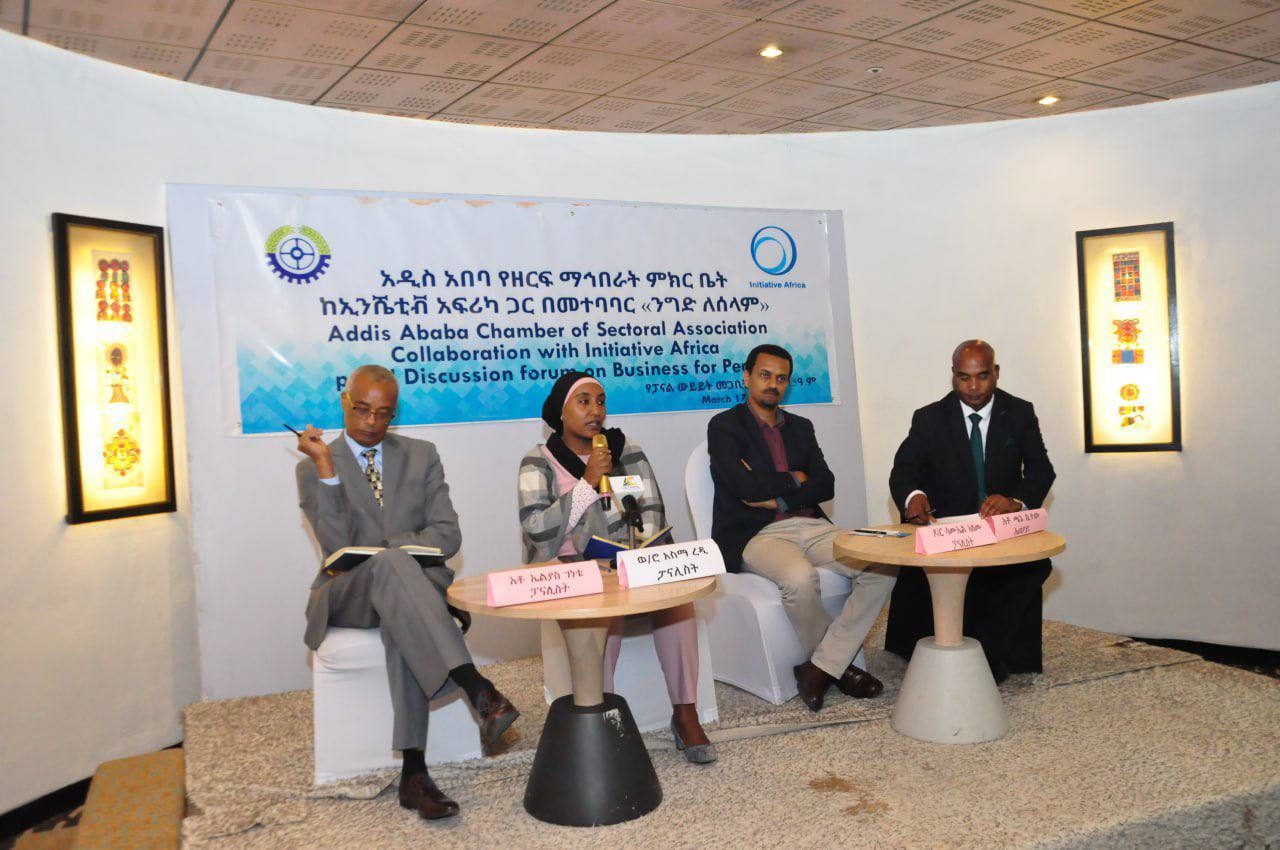Business for Peace Fellowship Field Trip, Mekele: THE ROLE OF THE PRIVATE SECTOR IN POST-CONFLICT RECONSTRUCTION
One among the many programs Initiative Africa (IA) has been implementing under the Business for Peace Project which is supported by the Embassy of Sweden (SIDA), the Business for Peace Fellowship is designed to introduce business owners, business advisors, business aspirants, entrepreneurs and start-up owners, etc., to the various peacebuilding approaches and the analytical tools needed to understand, analyze and resolve conflicts. Offered in three cohorts, the Fellowship is deemed to be instrumental in allowing the business community to have a say in and foster local ownership of peacebuilding activities. It will also allow business owners to critically engage in peacebuilding processes with a clear understanding of the cycle of conflict and interventions designed at each state.
As part of this effort, IA organized a field trip to Mekele City, Tigray Region, Ethiopia from July 20th to 21st, 2023 for its current Business for Peace Fellows. The opening event was officially commemorated with a welcoming speech from Tigray Region Interim President H.E Mr. Getachew Reda at Axum Hotel, Mekele City under the theme “The role of the private sector in Post-Conflict Reconstruction”. This field trip facilitated the participation of the 22 (Twenty-Two) Business for Peace fellows who represent different sectors represented including banking, real estate, import-export, media houses, and representatives from Addis Ababa and Ethiopia chambers of commerce. The primary objective of the Mekele City Trip is to expose the private business sector to the current situation in Tigray and encourage their active involvement in the reconstruction process. In light of that the Economy and the Business Sector in Post Conflict Tigray were discussed by the Head of Tigray Regional State Interim-government Industry Bureau, Dr. Gebrehiwot and a reflection from the Tigray Regional State Chamber of Commerce President was presented on post-conflict reconstruction in Tigray regional state and the Role of the Private Sector.
Sharing the experience from the local civil society organization, a representative from the HAQI foundation discussed ‘Managing the trauma and psychological impact of the war’.
The Trip to Wiq`roo and IDP camps in Mekele; a first-hand experience of the effect of the war is believed to develop a comprehensive understanding of the challenges and opportunities in post-conflict Tigray. This understanding will enable them to make informed decisions regarding potential investments and initiatives aimed at supporting the region’s recovery.
Through engaging with regional leaders, witnessing the impact of the war firsthand, and gaining insights from Tigray officials, participants will be empowered to play a significant role in the region’s recovery. IA and the Tigray Chamber of Commerce will work together to ensure the successful execution of the program, leveraging their expertise and networks to facilitate meaningful engagements between the private sector and Tigray’s leaders.
For more information, please contact us at info@initiativeafrica.net or call +251-11-662-2640/41



